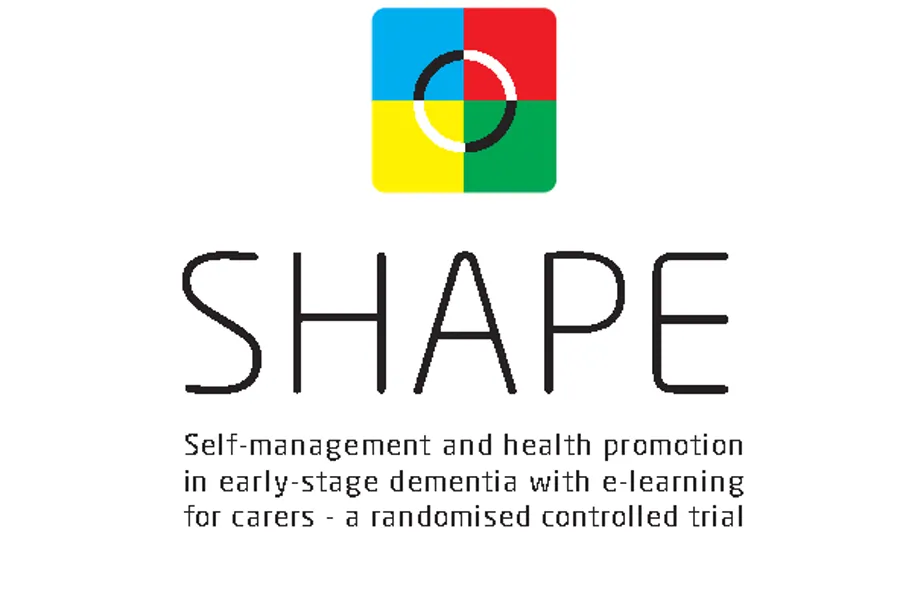-
Sykehuset har to hovedlokasjoner fra 16. novemberSøndag 16. november åpnet det nye sykehuset på Ullandhaug, og mange avdelinger har nå flyttet fra Våland til Ullandhaug. Husk å sjekke innkallingsbrevet for riktig oppmøtested.Finn fram til riktig sted
If you have any questions please contact us by email at: sesam@sus.no or by phone: +47 51 51 56 19
SHAPE is a user school for people living at home with early stage dementia. A course for people with dementia was first created in Stavanger in 2006 and has since 2014 been an active research project at SESAM, called the Dementia school. In 2019 SESAM received EU funding to bring the dementia school out to the world.

Can blueberry be used as prevention of dementia?
In this study we will investigate whether anthocyanin, which are the colorant of blueberries and blackcurrants, can have a positive effect on important brain functions in people with increased risk of developing dementia.

PROTECT Norge
PROTECT Norge is a remote and internet-based research project that aims to understand how the brain ages and why someone develops dementia.

Pro-LBD
In this study we investigate the early disease mechanisms of Parkinson's disease and dementia with Lewy bodies, commonly referred to as Lewy body disease (LBD).

Sist oppdatert 01.10.2020